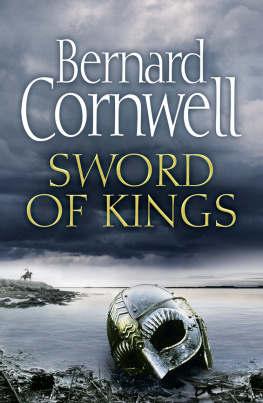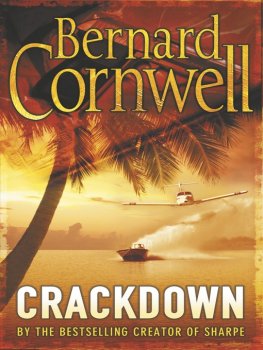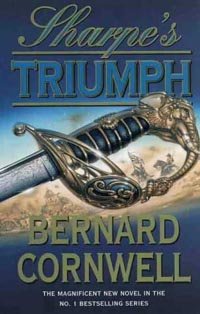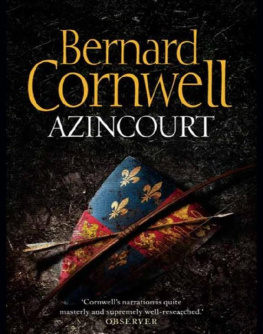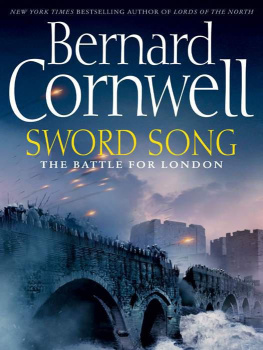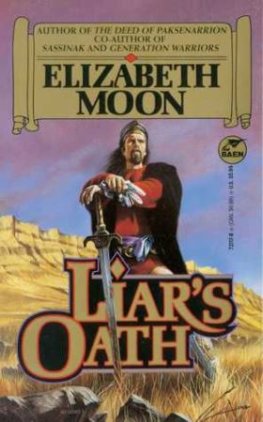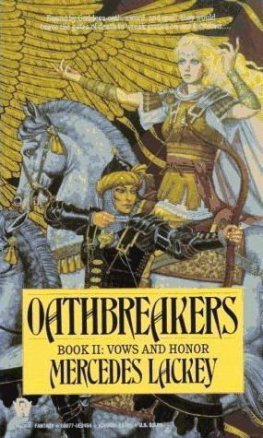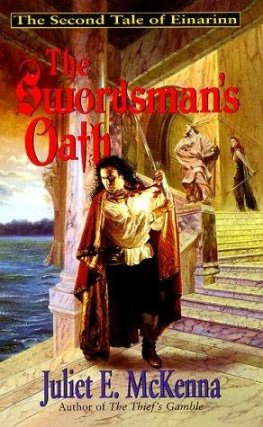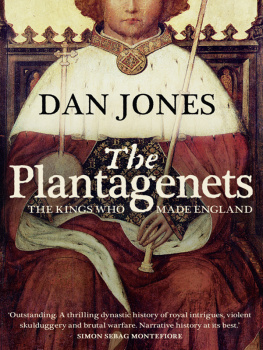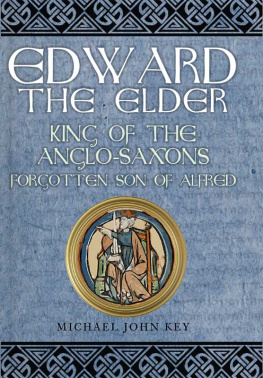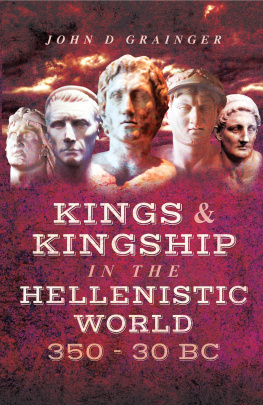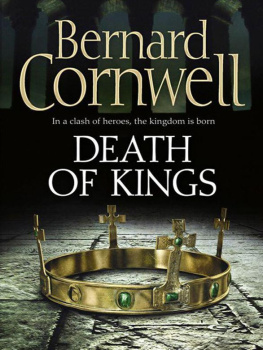Table of Contents
Guide
SWORD OF KINGS
Bernard Cornwell

HarperCollinsPublishers Ltd
1 London Bridge Street
London SE1 9GF
www.harpercollins.co.uk
First published in Great Britain by HarperCollinsPublishers 2019
Copyright Bernard Cornwell 2019
Map John Gilkes 2019
Cover design by Holly Macdonald HarperCollinsPublishers Ltd 2019
Cover photograph CollaborationJS/Arcangel Images (helmet/foreground and horse detail in background) and Shutterstock.com (all other images)
Bernard Cornwell asserts the moral right to be identified as the author of this work.
A catalogue copy of this book is available from the British Library.
This novel is entirely a work of fiction. The names, characters and incidents portrayed in it are the work of the authors imagination. Any resemblance to actual persons, living or dead, events or localities is entirely coincidental.
All rights reserved under International and Pan-American Copyright Conventions. By payment of the required fees, you have been granted the non-exclusive, non-transferable right to access and read the text of this e-book on screen. No part of this text may be reproduced, transmitted, down-loaded, decompiled, reverse engineered, or stored in or introduced into any information storage and retrieval system, in any form or by any means, whether electronic or mechanical, now known or hereinafter invented, without the express written permission of HarperCollins.
Source ISBN: 9780008183899
Ebook Edition OCTOBER 2019 ISBN: 9780008183912
Version: 2019-08-29
Sword of Kings is for
Suzanne Pollak
Contents
The spelling of place names in Anglo-Saxon England was an uncertain business, with no consistency and no agreement even about the name itself. Thus London was variously rendered as Lundonia, Lundenberg, Lundenne, Lundene, Lundenwic, Lundenceaster and Lundres. Doubtless some readers will prefer other versions of the names listed below, but I have usually employed whichever spelling is cited in either the Oxford Dictionary of English Place-Names or the Cambridge Dictionary of English Place-Names for the years nearest or contained within Alfreds reign, AD 871899, but even that solution is not foolproof. Hayling Island, in 956, was written as both Heilincigae and Hglingaigg. Nor have I been consistent myself; I have preferred the modern form Northumbria to Norhymbralond to avoid the suggestion that the boundaries of the ancient kingdom coincide with those of the modern county. So this list of places mentioned in the book is, like the spellings themselves, capricious.
| Andefera | Andover, Wiltshire |
| Basengas | Basing, Hampshire |
| Bebbanburg | Bamburgh, Northumberland |
| Beamfleot | Benfleet, Essex |
| Caninga | Canvey Island, Essex |
| Ceaster | Chester, Cheshire |
| Celmeresburh | Chelmsford, Essex |
| Cent | Kent |
| Cestrehunt | Cheshunt, Hertfordshire |
| Cippanhamm | Chippenham, Wiltshire |
| Colneceaster | Colchester, Essex |
| Contwaraburg | Canterbury, Kent |
| Cyningestun | Kingston upon Thames, Surrey |
| Crepelgate | Cripplegate, London |
| Dumnoc | Dunwich, Suffolk |
| East Seax | Essex |
| Elentone | Maidenhead, Berkshire |
| Eoferwic | Saxon name for York, Yorkshire |
| Ffresham | Faversham, Kent |
| Farnea Islands | Farne Islands, Northumberland |
| Fearnhamme | Farnham, Surrey |
| Ferentone | Farndon, Cheshire |
| Fleot, River | River Fleet, London |
| Fughelness | Foulness, Essex |
| Gleawecestre | Gloucester, Gloucestershire |
| Grimesbi | Grimsby, Lincolnshire |
| Hamptonscir | Hampshire |
| Heahburh | Fictional name for Whitley Castle, Cumbria |
| Heorotforda | Hertford, Hertfordshire |
| Humbre, River | River Humber |
| Jorvik | Danish name for York, Yorkshire |
| Ligan, River | River Lea |
| Lindcolne | Lincoln, Lincolnshire |
| Lindisfarena | Lindisfarne, Northumbria |
| Ludds Gate | Ludgate, London |
| Lupiae | Lecce, Italy |
| Lundene | London |
| Mameceaster | Manchester |
| Ora | Oare, Kent |
| Sceapig | Isle of Sheppey, Kent |
| St Cuthberts Cave | Cuddys Cave, Holburn, Northumberland |
| Strath Clota | Kingdom in south-west Scotland |
| Sugeweork | Southwark, London |
| Swalwan Creek | The Swale, Thames Estuary |
| Temes, River | River Thames |
| Toteham | Tottenham, Greater London |
| Tuede, River | River Tweed |
| Weala, brook | The Walbrook, London |
| Werlameceaster | St Albans, Hertfordshire |
| Westmynster | Westminster, London |
| Wicumun | High Wycombe, Buckinghamshire |
| Wiltunscir | Wiltshire |
| Wintanceaster | Winchester, Hampshire |


Gydene was missing.
She was not the first of my ships to vanish. The savage sea is vast and ships are small and Gydene, which simply meant goddess, was smaller than most. She had been built at Grimesbi on the Humbre and had been named Haligwter. She had fished for a year before I bought her and, because I wanted no ship named Holy Water in my fleet, I paid a virgin one shilling to piss in her bilge, renamed her Gydene, and gave her to the fisherfolk of Bebbanburg. They cast their nets far offshore and, when Gydene did not return on a day when the wind was brisk, the sky grey, and the waves were crashing white and high on the rocks of the Farnea Islands, we assumed she had been overwhelmed and had given Bebbanburgs small village six widows and almost three times as many orphans. Maybe I should have left her name alone, all seamen know that you risk fate by changing a ships name, though they know equally well that a virgins piss averts that fate. Yet the gods can be as cruel as the sea.
Then Egil Skallagrimmrson came from his land that I had granted to him, land that formed the border of my territory and Constantin of Scotlands realm, and Egil came by sea as he always did and there was a corpse in the belly of Banamar, his serpent-ship. Washed ashore in the Tuede, he told me, hes yours, isnt he?

